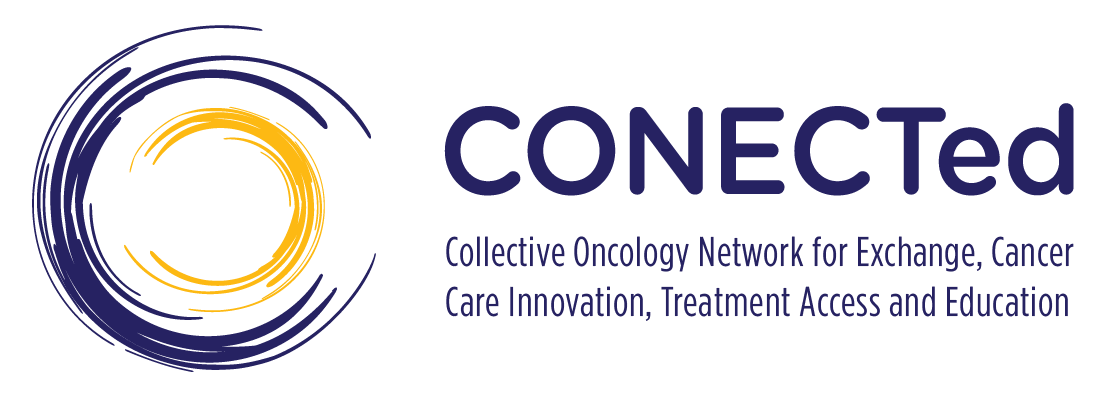Reports & Publications
Read White Paper : Improving access to Innovative Cancer Therapies in Canada
According to 2017 Canadian Cancer Society statistics, almost half of all Canadians will develop cancer in their lifetime. Cancer remains the leading cause of death in Canada, responsible for 30.2% of lives lost nation-wide. Advances in the molecular characterization of many cancers have led to a subdivision of these cancers into several molecular sub-types, resulting in a complex collection of diseases. It has become increasingly clear not only that no two patients’ cancer is the same, but even within one person’s disease there is a large amount of heterogeneity.
Many Canadians are surprised to learn that a drug’s approval for sale by Health Canada doesn’t equate to access to these often lifesaving therapies. For cancer patients, time is valuable and access to effective therapies is critical. While advances in screening, detection and treatment have improved outcomes, an estimated 80,800 Canadians are expected to die of cancer in 2017.
This white paper : Improving Access to Innovative Cancer Therapies in Canada, argues that there is a gap in access to innovative new cancer drug therapies, effectively denying or delaying potentially life-saving treatment for many cancer patients in Canada. This is unethical and unnecessary. We recognize that affordability and appropriate prescribing are crucial along with accessibility. They are not mutually exclusive. The pan-Canadian Oncology Drug Review (pCODR) in partnership with the pan-Canadian Pharmaceutical Alliance (pCPA) must develop solutions to more effectively deal with uncertainty, beyond a negative recommendation.
We propose that new mechanisms that accelerate access to promising new cancer therapies are not only timely but essential—providing seriously ill patients with effective, safe treatment choices in a timely manner to improve quality of life and increase survival.
Full Report: Ontario Pre-Election Town Halls Final Report 2018
A group of oncology organizations, Save Your Skin Foundation, Myeloma Canada, Lung Cancer Canada, Lymphoma Canada and the Collective Oncology Network for Exchange, Cancer Care Innovation, Treatment Access and Education (CONECTed), along with the Canadians for Equitable Access to Depression Medication (CEADM), put a spotlight on these issues by hosting two town halls: one in Toronto on March 28th and another in Ottawa on April 5th.
The town halls welcomed Ontarians to hear from a variety of experts including those with lived experience to share their insights on issues with Ontario’shealth care system and to challenge political parties to address and prioritize these issues as part of their election platform. Both events were non-partisan and were not meant as forums for political debate.
The speakers in attendance at both town halls included people with lived experience – advocates for cancer, mental health and chronic illnesses – who described the challenges of navigating our complex system and getting access to medically necessary treatments in a timely manner and health policy consultants who spoke about the knowledge gap between how our health care system works and what citizens know about it, with some calling for a complete health system transformation to integrate health care delivery across the continuum of care that measures and rewards value-based patient health outcomes.
Our health care system is complex; no one would argue to the contrary. There are many key decision makers at either federal, national or provincial levels that are responsible for the health care services Canadians receive from coast to coast to coast. Health Canada holds different responsibilities influencing the landscape of our health care system, including drug safety, quality and effectiveness. In addition, they play an important role with respect to drug pricing.
We, as patient organizations, recognize the regulations overseeing drug pricing need to be reevaluated, especially given the changes in our ecosystems since the inception of these regulations. Moving forward, changes are necessary to ensure Canadians get the best possible and timely access to health care resources while ensuring sustainability of our health care system for generations to come. We know the people who work at Health Canada also have the same vision.
We are grateful to all those involved in seeking the input of groups like ours and other stakeholders on protecting Canadians from excessive drug prices through the consultation on the proposed amendments to the patented medicines regulations. We believe our health care system must prepare for a significant paradigm shift and welcome opportunities to share our thoughts on what needs to be done by collaborating with all stakeholders involved in making our health care system the best it can be.
This publication provides health professionals, researchers, policy-makers and the general public with detailed information about the burden of cancer in Canada. It is developed by the Canadian Cancer Statistics Advisory Committee through a partnership between the Canadian Cancer Society, the Public Health Agency of Canada and Statistics Canada in collaboration with the provincial and territorial cancer registries.
Download the Canadian Cancer Statistics 2018 Report (PDF format) as provided on the Canadian Cancer Society website.
ESMO 2017 CONGRESS
EUROPEAN SOCIETY FOR MEDICAL ONCOLOGY, SUMMARY REPORT Prepared by Save Your Skin Foundation
September 8-12, 2017 – Madrid, Spain

